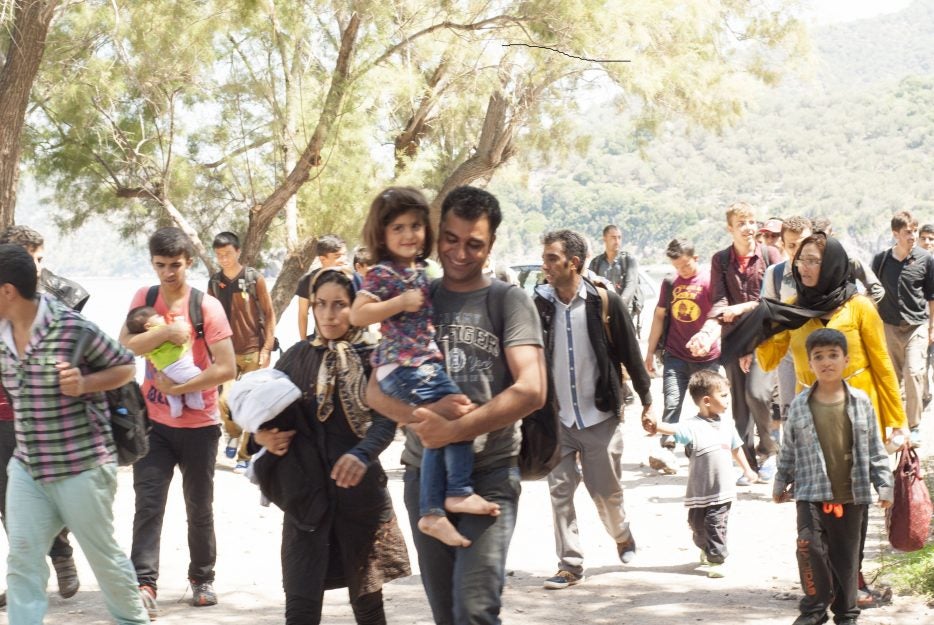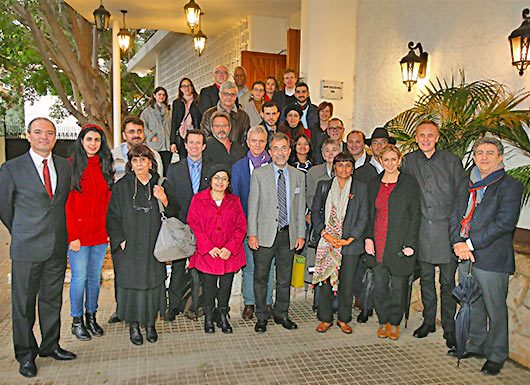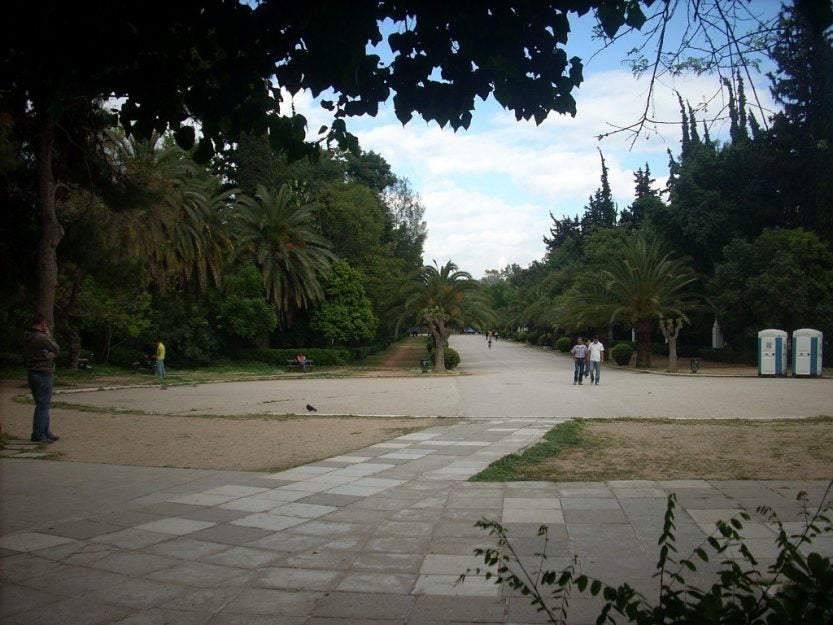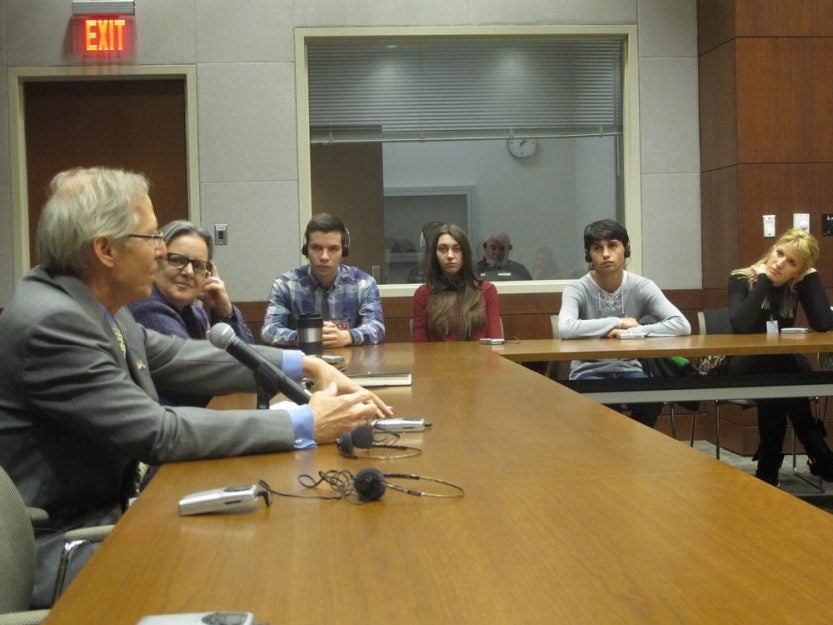Guest Post by Dana Moss On December 12, 2016, after Israel’s High Court of Justice refused to end the administrative detention of two Palestinian hunger strikers, moving only to suspend it, the Palestinians vowed to continue their strike—and additionally to stop drinking water, which put them at immediate risk of death. Their case highlights the continued and excessive use of administrative detention in Israel (a procedure that allows the Israeli…
Continue reading “Detention, Hunger Strikes, and Human Rights”





